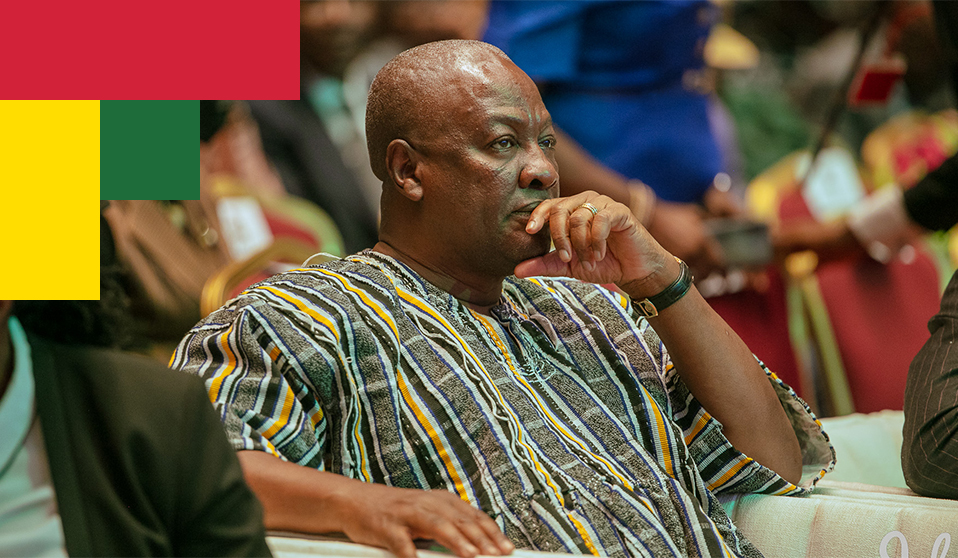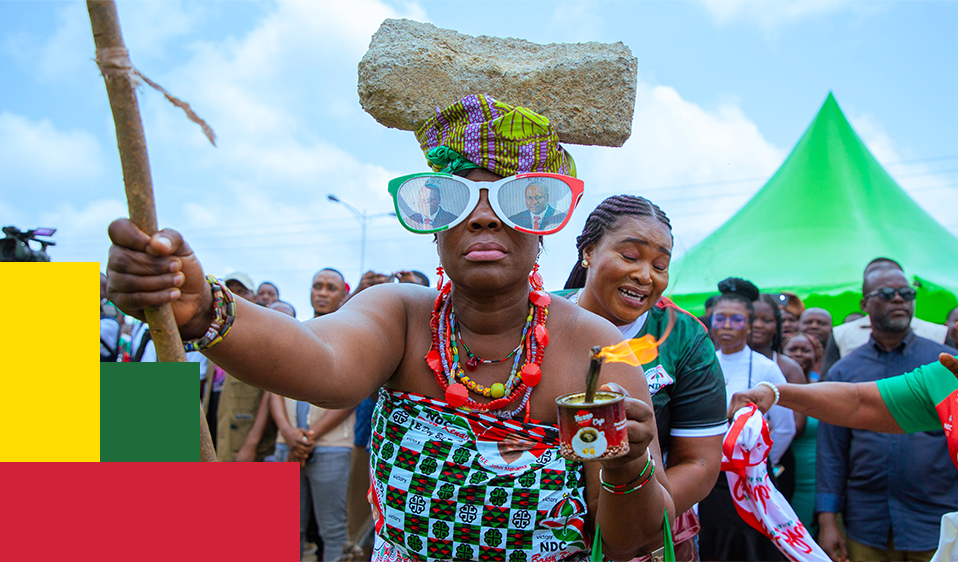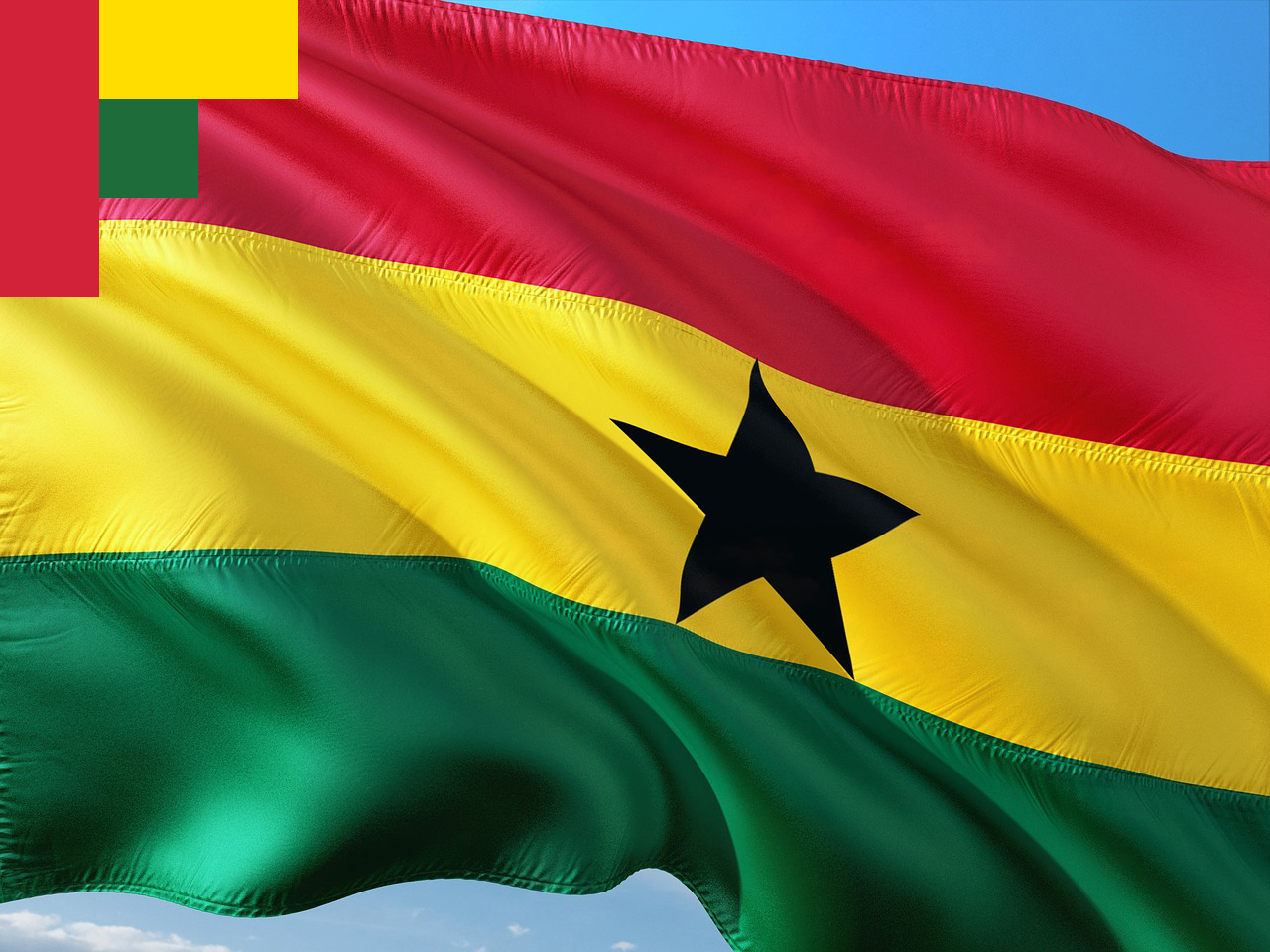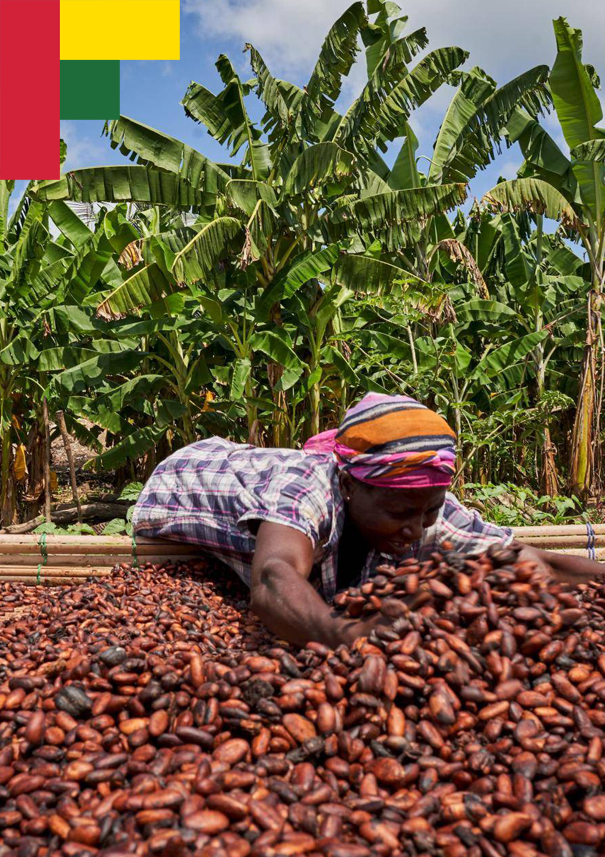1. 24-Hour Economy
This is a deliberate policy by John Dramani Mahama to encourage and support businesses and public organisations to operate 24/7 in three shifts of eight hours each to boost production, promote productivity, and generate well-paying jobs. The 24-Hour Economy policy aims to transform Ghana into an import-substitution and export-led economy.
2. Women’s Development Bank
The Women’s Development Bank is a special-purpose bank run by women. It will support women-owned and women-led businesses with low-interest loans and other tailored financial services on very flexible terms. This is aimed at economically empowering a minimum of one million Ghanaian women.
3. National Apprenticeship Programme
The National Apprenticeship Programme is a policy to generate self-employment by providing free technical and vocational training for young people in various crafts. Trained apprentices will be issued with appropriate certification and supported with start-up capital and equipment to set up businesses.
4. ‘Adwumawura’ Programme
Our ‘Adwumawura’ Programme is a unique business start-up policy aimed at facilitating the creation, tracking and mentoring of a minimum of 10,000 businesses annually, with a special focus on young people.

5. Digital Jobs Initiative
This will be a three-billiondollar investment in partnership with the private sector to leverage ICT for the creation of jobs through the following programmes:
i. One Million Coders Programme: one million young Ghanaians will be trained in digital skills such as coding, WebApp development and software engineering, among others, for jobs in the digital eco-system.
ii. Regional Digital Centres (modelled on the Accra Digital Centre) will be established to facilitate the expansion of Business Process Outsourcing (BPO) and Knowledge Process Outsourcing (KPO) sectors for job creation.
iii. A $50 million FinTech Growth Fund will be established to promote the growth of digital entrepreneurs and support Indigenous FinTech companies.
iv. Zonal ICT Parks will be established nationwide to make Ghana the hub for innovation, artificial intelligence and cybersecurity in Africa. Existing ICT parks, such as the Dawa ICT Park, will be redeveloped into world-class centres of excellence to create jobs.

6. Agriculture for Jobs.
The next NDC government will implement innovative policies and strategic investments to modernise agriculture and make it attractive. This will improve food security and create jobs. To achieve this, we shall roll out an aggressive FEED GHANA PROGRAMME to boost food production, guarantee food security and supply raw materials to industries. This we will do by:
•Establishing Farmer Service Centres to support farmers with modern agricultural equipment, technologies and inputs in all districts.
•Creating Farm Banks within agriculture zones to ease access to land and irrigation facilities for agricultural purposes and encourage young people to enter farming.
7. Rapid Industrialisation for Jobs.
The next NDC government will implement an accelerated plan to promote value addition for domestic consumption and exports. We will do this by establishing strategic industries and reviving defunct ones. We will:
•Set up Agro-Industrial Zones in all regions based on their comparative advantage.
•Establish mini-processing plants for cassava, tomatoes, fruits and other commodities.
•Establish cocoa processing factories in cocoa-growing regions such as Western, Western North, Eastern, Central, Ashanti, Bono, Bono East, Ahafo, Volta and Oti regions.
•Establish cashew processing factories in the Bono, Bono East and Ahafo regions.
•Revamp the textile and cotton-allied industry.
•Facilitate the construction of at least twenty (20) mediumscale animal feed processing plants and revamp the collapsing poultry industry.

•Promote the establishment of factories for brewing local beer in the Upper East, Upper West and other northern regions.
•We shall also revive the following factories:
o Zuarungu meat factory.
o Pwalugu tomato factory.
o Wulugu livestock station.
o Komenda sugar factory.
o Other strategic SOEs and industries.

8. The ‘Big Push’
The NDC will roll out a $10 billion ‘Big Push’ policy for rapid infrastructure development to continue our legacy of massive infrastructure development for job creation.
9. Public Sector Employment
We will undertake critical public sector recruitments based on our comprehensive Human Resource Gap Analysis in line with international best practices and the demands of the 24-hour Economy.
10. The National Employment Trust
We will create a National Employment Trust to manage an investment fund that operates professionally on market principles to de-risk and mitigate risk in areas that traditional banks do not ordinarily venture into but have high growth and job potential.

24-Hour Economy Policy Formula 1-3-3.
The 24-hour Economy is a deliberate policy intervention to stimulate economic growth by creating an enabling environment for businesses and public institutions to operate 24/7, in three shifts of eight (8) hours each.
This innovative policy represents an integrated framework designed to support businesses operating around the clock. It is a comprehensive, multi-sectoral, importsubstitution, export-led and industrialisation agenda to transform the Ghanaian economy and create decent, sustainable, well-paying jobs.
It promises increased employment opportunities, productivity, production, revenue, and enhanced access to public services. Implementing the 24- hour Economy Policy will be supported by strategic investments in infrastructure, security, and energy, among other things.
To complement the existing labour law, an Employment Act that sets up a regulatory framework for a 24-hour economy will be passed in consultation with organised labour, AGI, and other stakeholders.
We shall promote a good work ethic to ensure efficiency in the already existing 8-hour work schedule and new additional work shifts in public organisations.
An Accelerated Export Development Authority (AEDA) chaired by the President will be established to promote exports under the 24-hour Economy strategy.
Key Sectors of the 24-hour Economy Policy
The 24-hour Economy will focus on selected public institutions with significant customer traffic, such as Ports and Harbours, Customs, the Passport Office, the DVLA, and others. It will also focus primarily, but not exclusively, on:
• Agro-Processing
• Manufacturing
• Pharmaceuticals
• Construction

• Financial Services
• Extractive industries
• Sanitation and Waste Management
• Hospitality Industry
• Retail Centres
• Transportation Services
• Health Services
• Security Services
Support Package for Businesses
Through a ‘Made in Ghana Agenda,’ the next NDC government will deliberately use its spending power to stimulate demand by patronising made-in-Ghana goods under the 24-hour Economy policy.
We will create an enabling environment for businesses to be able to operate 24/7 by providing:
1. An atmosphere of security through a public/private security architecture.
2. Cheaper and reliable electricity for participating businesses based on a Time-of-Use (ToU) tariff system.
3. Tax incentives for participating businesses to reduce their cost of operation and enhance their competitiveness.
4. Financing support through the Ghana Exim Bank for strategic agroprocessing factories and manufacturing companies to boost production for import substitution and export.
5. Support for viable SMEs operating below capacity in priority value chains with catalytic investments to grow, generate jobs and propel growth.















